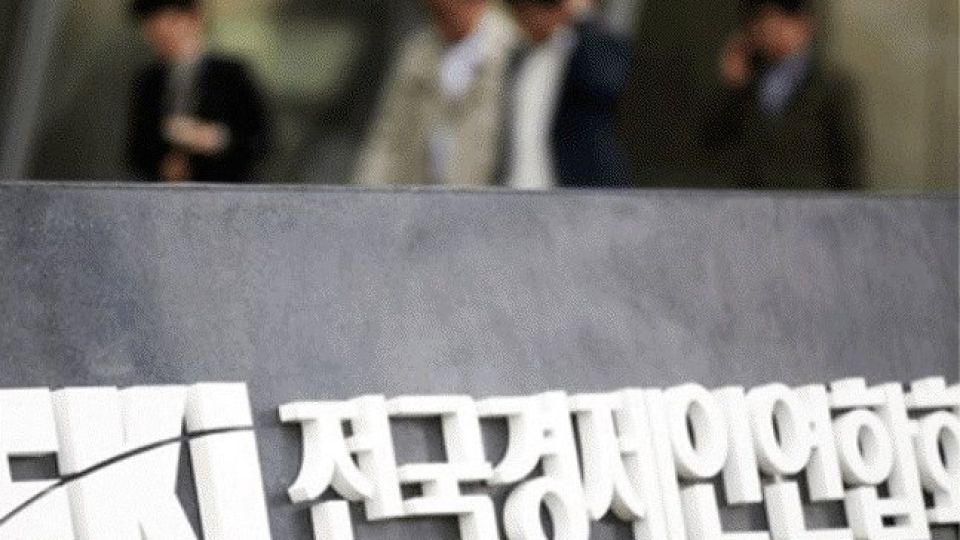January 19, 2023
SEOUL – The top 100 Korean companies in terms of sales invested a total of 5.44 trillion won ($4.3 billion) in environmental and safety efforts in 2021, the Federation of Korean Industries said Wednesday.
The FKI analyzed the firms’ environmental, social and corporate governance, or ESG, efforts based on the companies’ own reports.
The 100 firms’ combined investment of 5.44 trillion won marked a 87.6 percent increase from 2.9 trillion won in 2020.
The federation report said the increase reflects how firms are recognizing the importance of incorporating ESG values into their operations and strategies.
“Amid growing calls for ESG efforts, companies are increasingly turning their eyes to eco-friendly businesses and more consensus is being reached to spend more on related environmental and safety infrastructures,” said an FKI official.
With Korea raising the level of its greenhouse gas reduction goal for 2030 from 26.3 percent to 40 percent, companies are also focusing on achieving carbon neutrality.
South Korean steel giant Posco, for example, has announced a road map for zero carbon emissions by 2050 via hydrogen projects, the report said.
Samsung Display has fostered an eco-friendly ecological plant island a reservoir in Asan, South Chungcheong Province. It took six months for the island to be renovated. The company said the 14,000-square-meter island can contribute to the local environment by absorbing up to 38.7 metric tons of carbon.
South Korean cablemaker LS Cable & System runs a separate committee dedicated to ensuring workplace safety with the Serious Accidents Punishment Act that came into effect in January 2022. Under the law, business owners and CEOs can be held criminally liable for deadly workplace accidents. The committee oversees the company’s management and response to workplace disasters.
Hyundai Steel provides consultation services for employees who have directly or indirectly experienced disasters and suffered trauma, connecting those in need with its in-house consultation center and experts.
Some firms are also incorporating ESG principles in risk management. Posco E&C, a construction arm under Posco, uses its P-Taxonomy categorization, based on Korea and EU’s taxonomy, to evaluate the environmental and social outcomes of each project.
Despite such ESG-incorporated efforts, the FKI’s analysis showed Korean firms’ greenhouse gas emissions increased by 4.7 percent in 2021 from the year before. The hike contrasts from how greenhouse gas emission decreased by 3.2 percent in 2020 compared to 2019.
Emissions increased in 2021 because more companies increased production as the COVID-19 pandemic began to be resolved, the FKI said.
However, greenhouse gas emissions compared to the total amount of sales have been on a continuous decline in the past years, showing that production efficiency has improved with companies’ heightened interest in ESG, it added.
The federation expects companies will step up their ESG efforts to reach the 2050 carbon neutrality goal in helping tackle the climate crisis.


